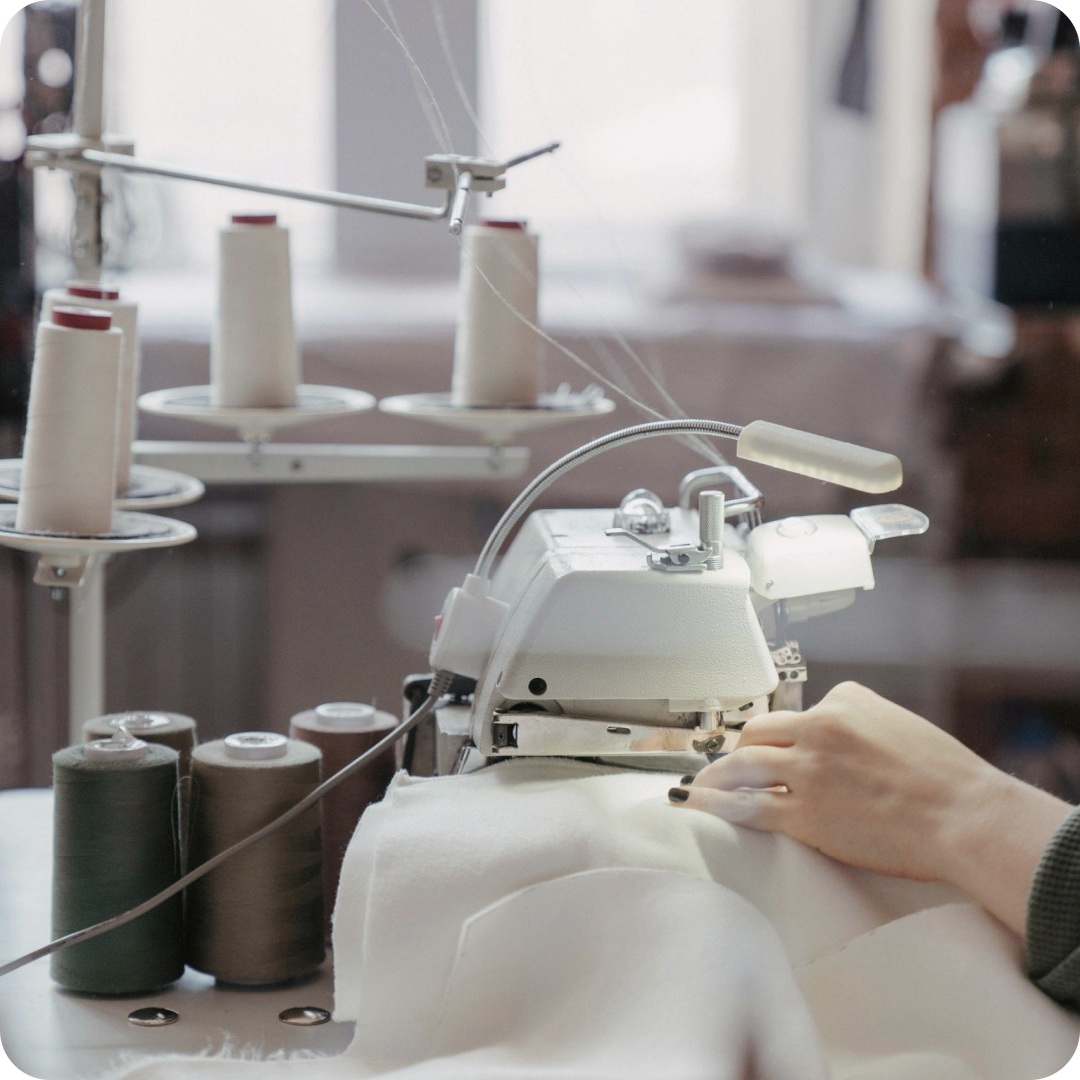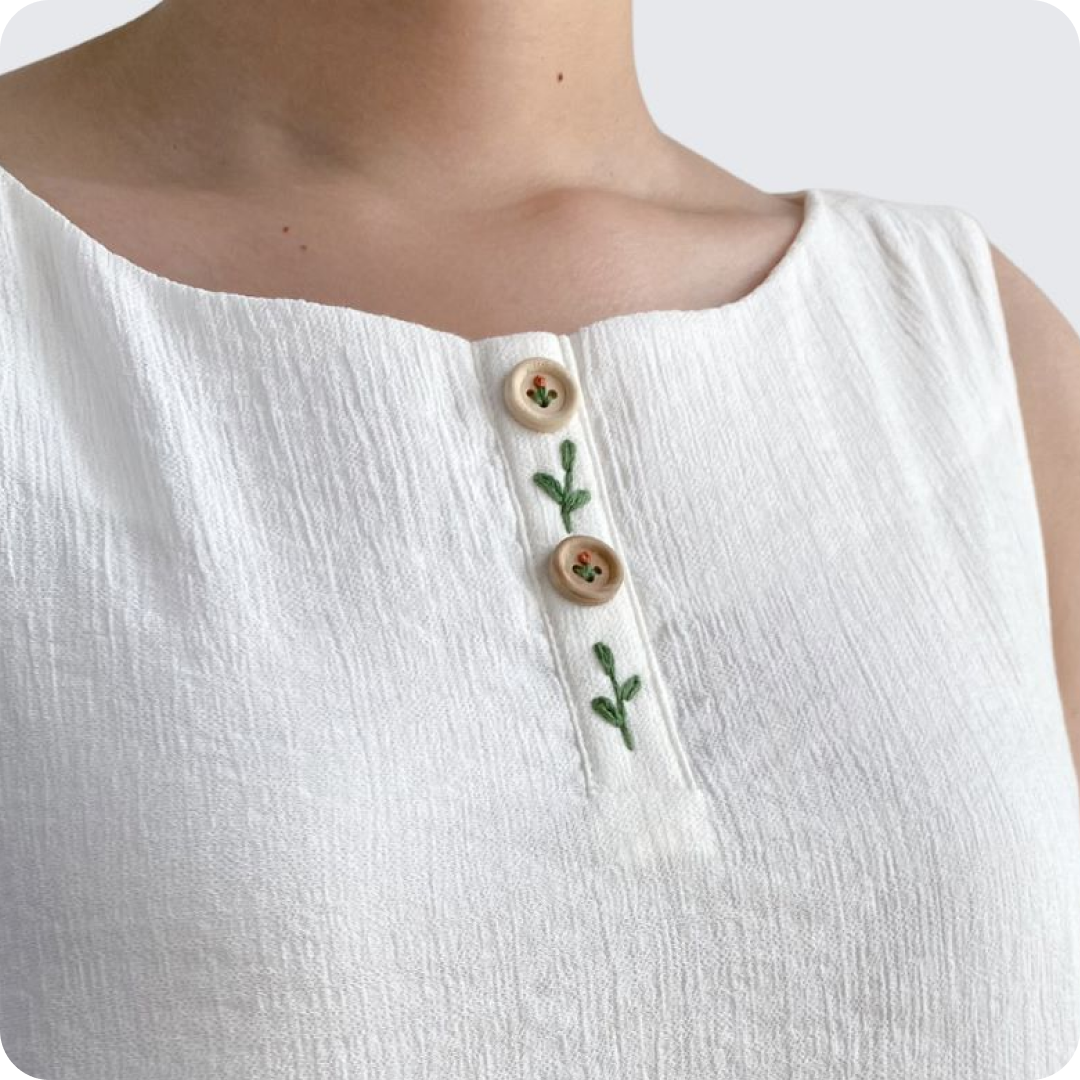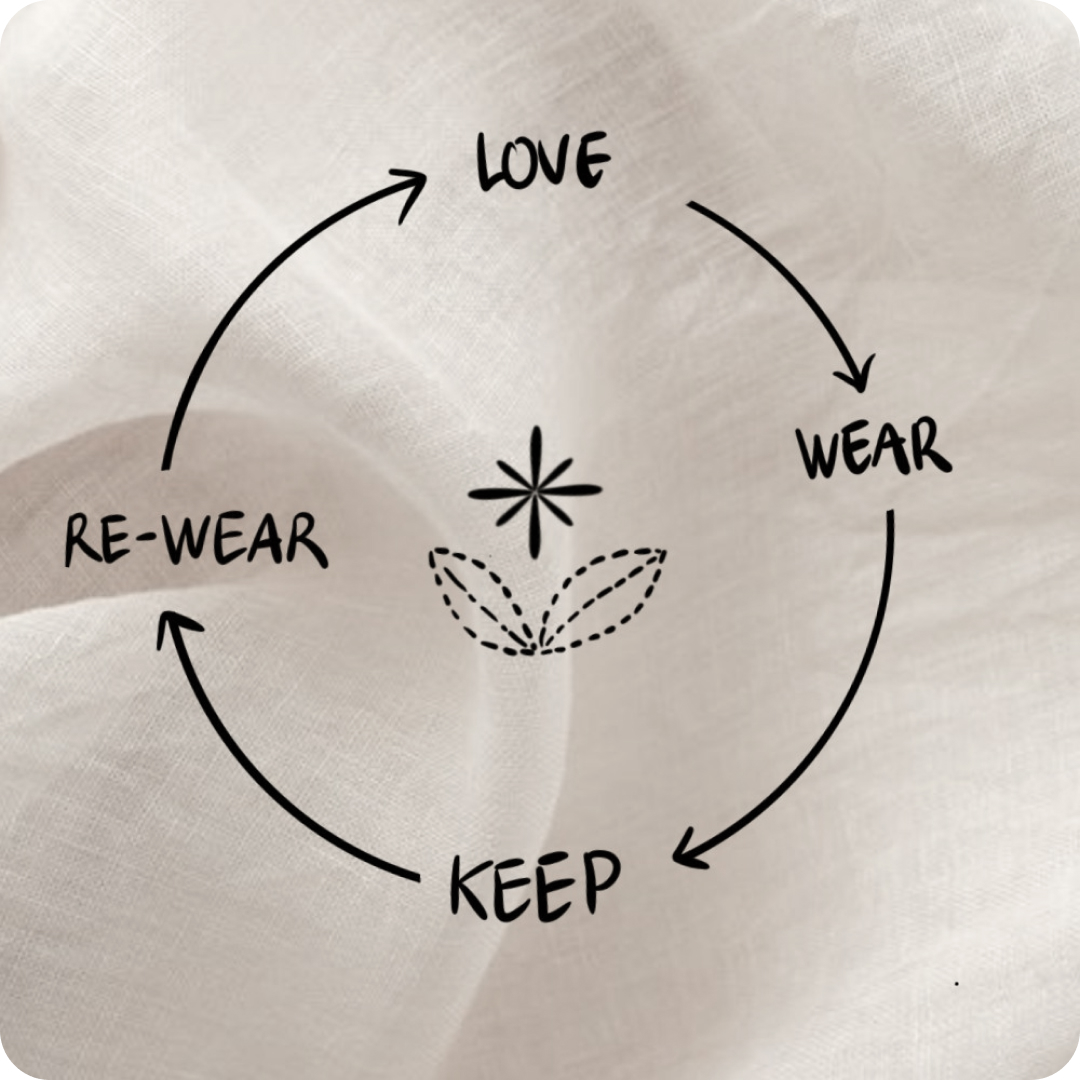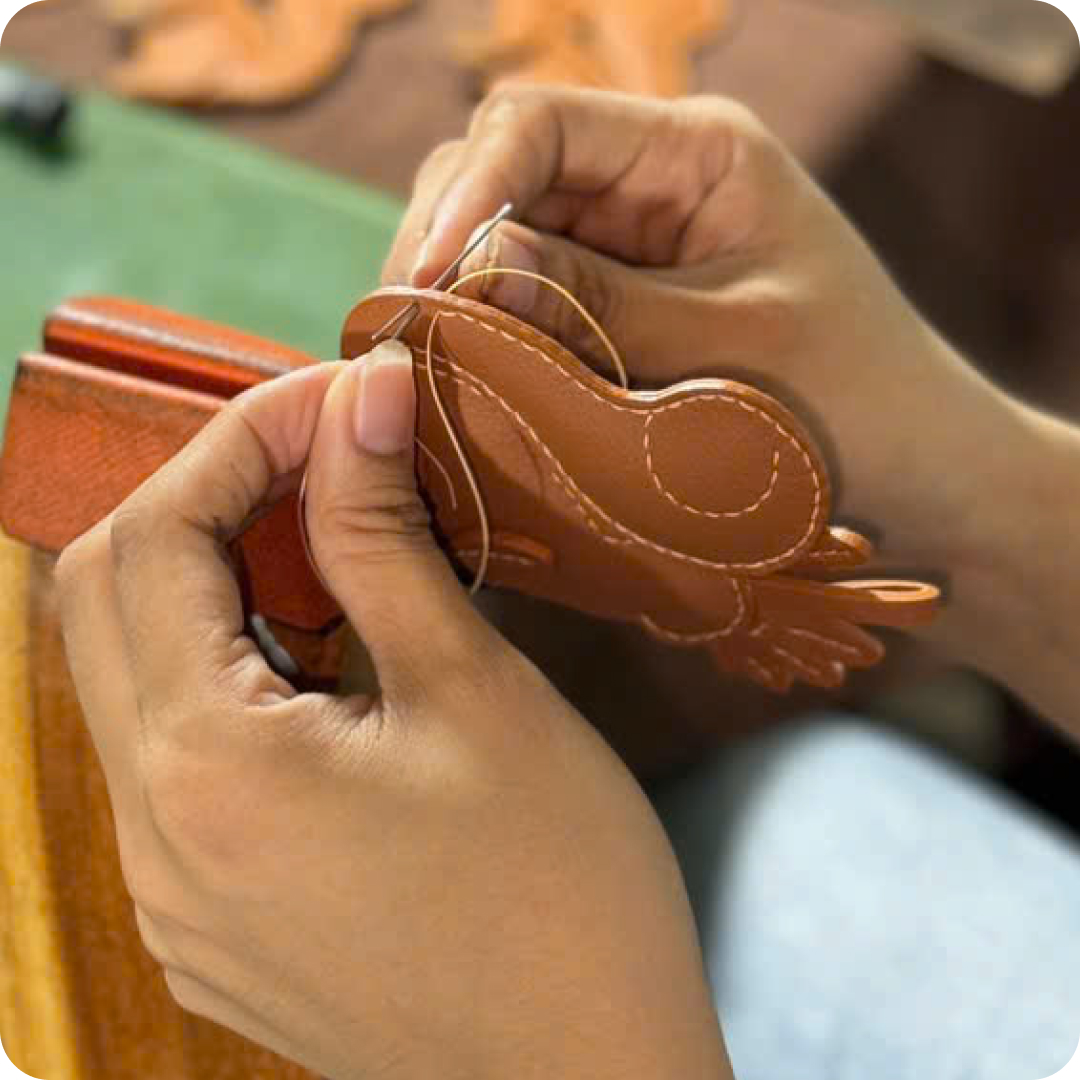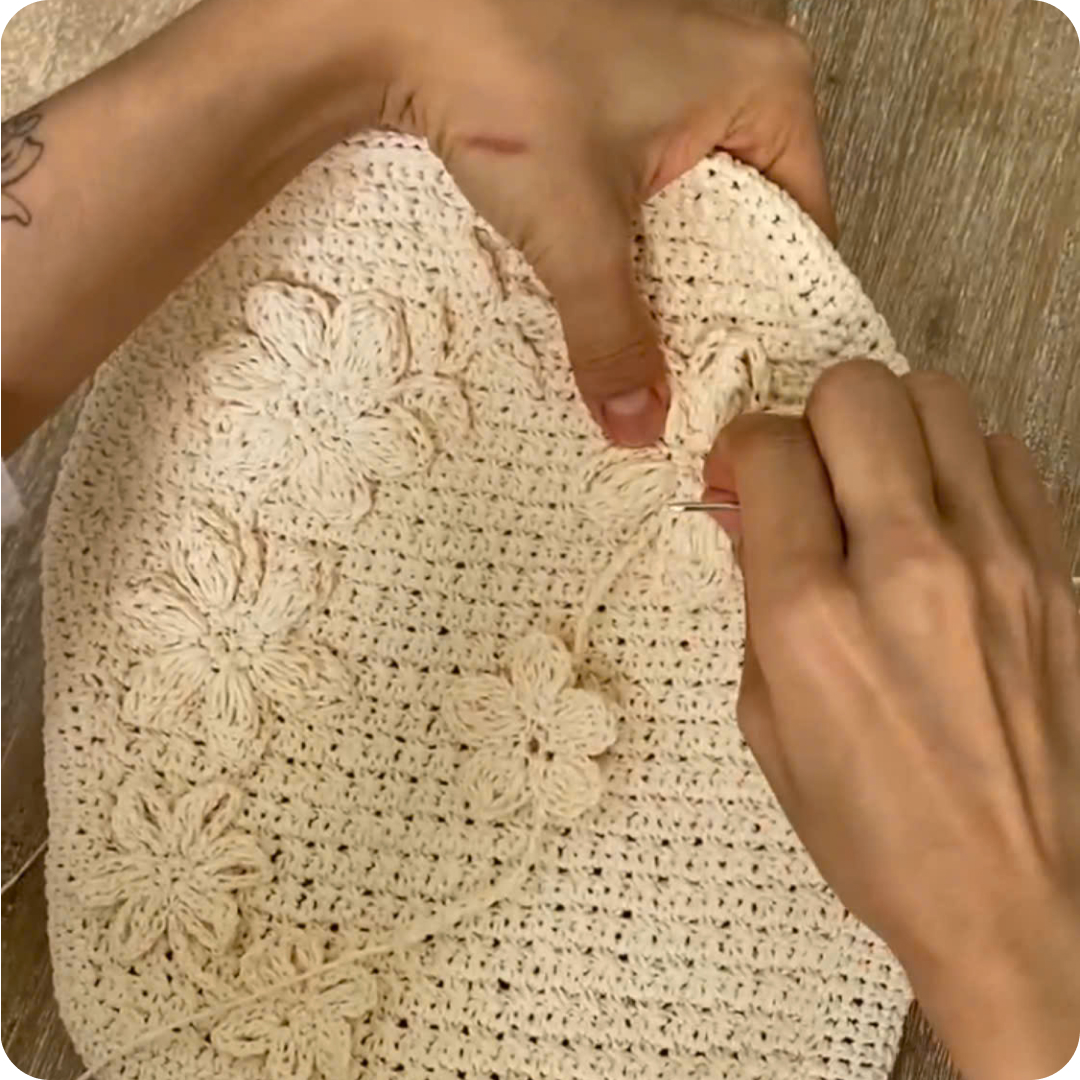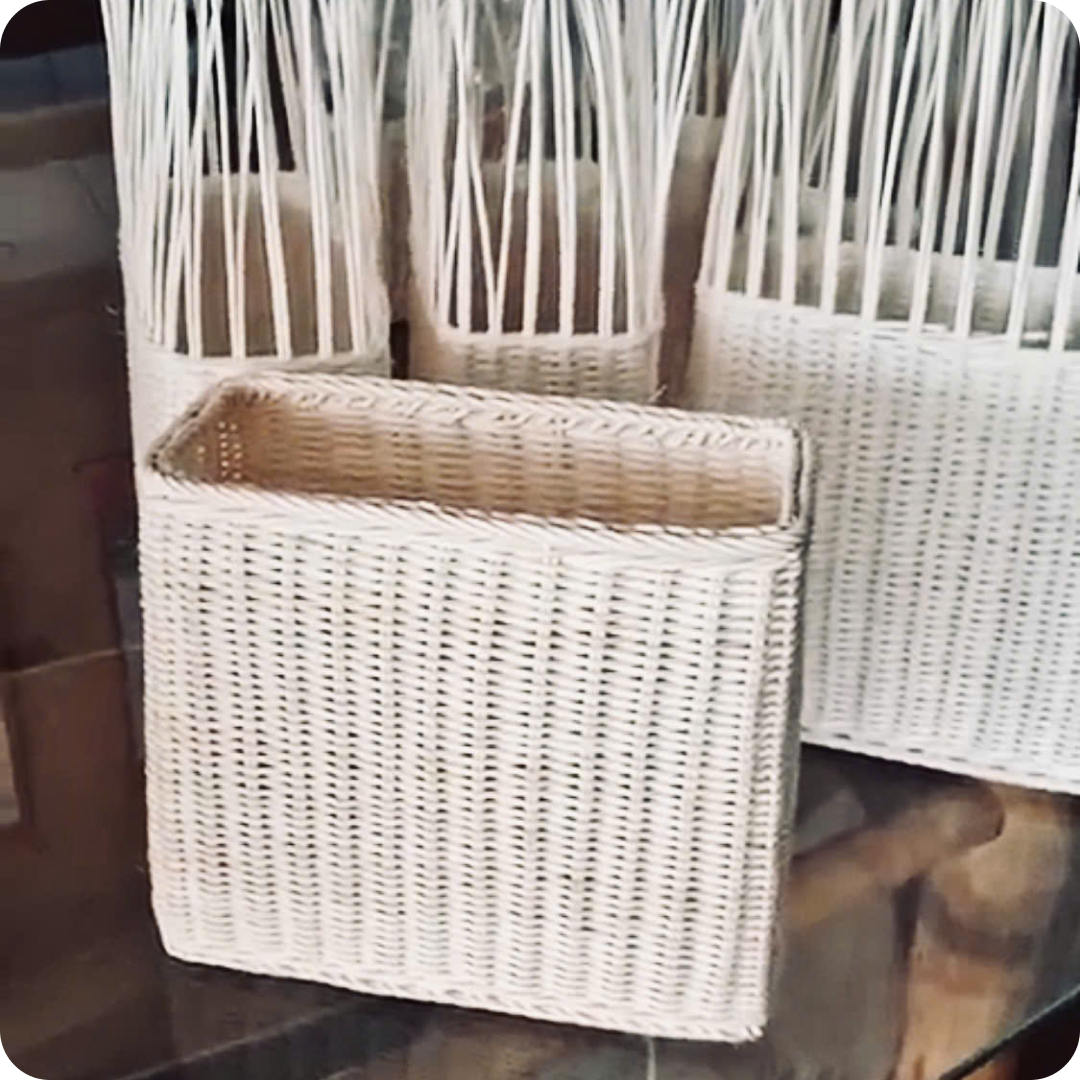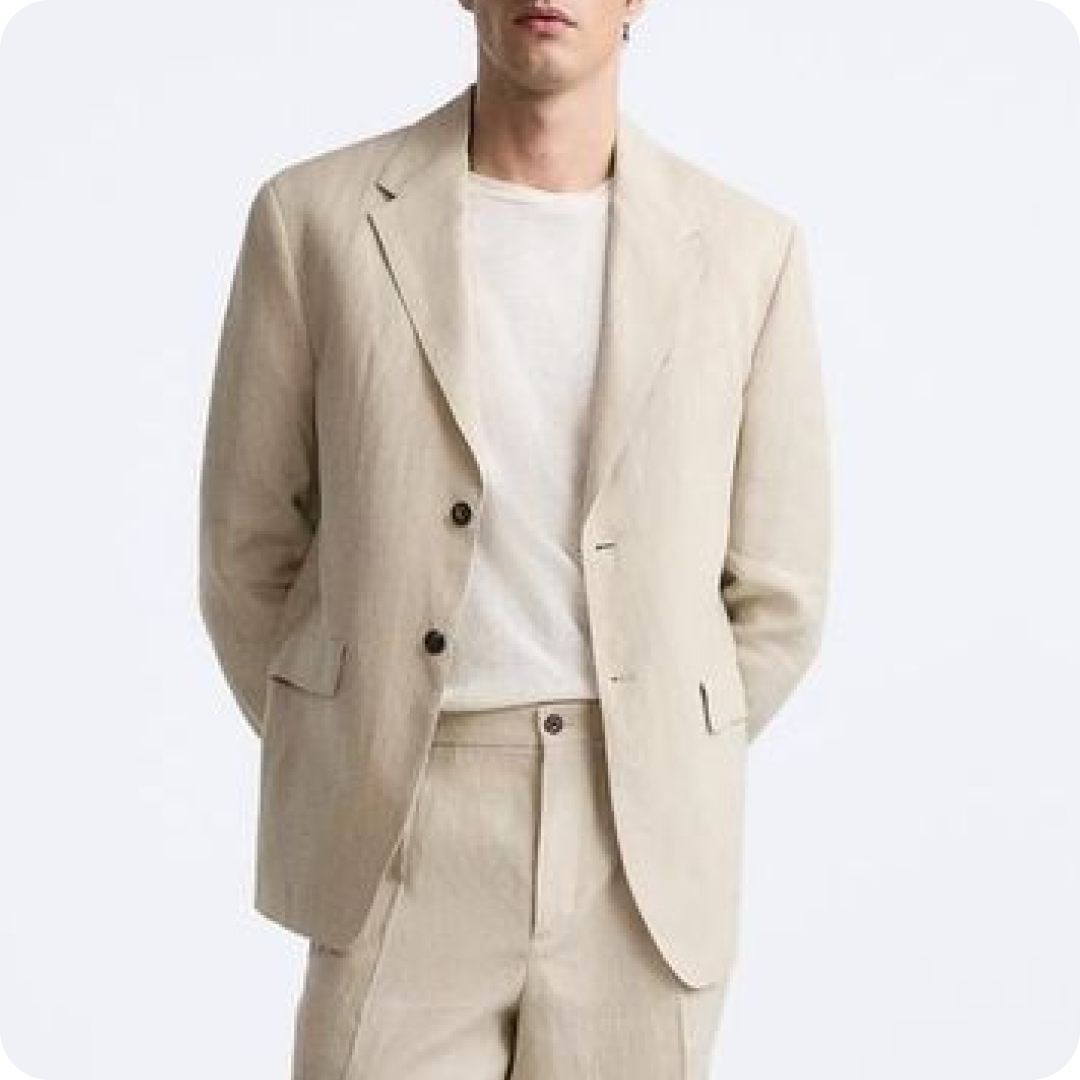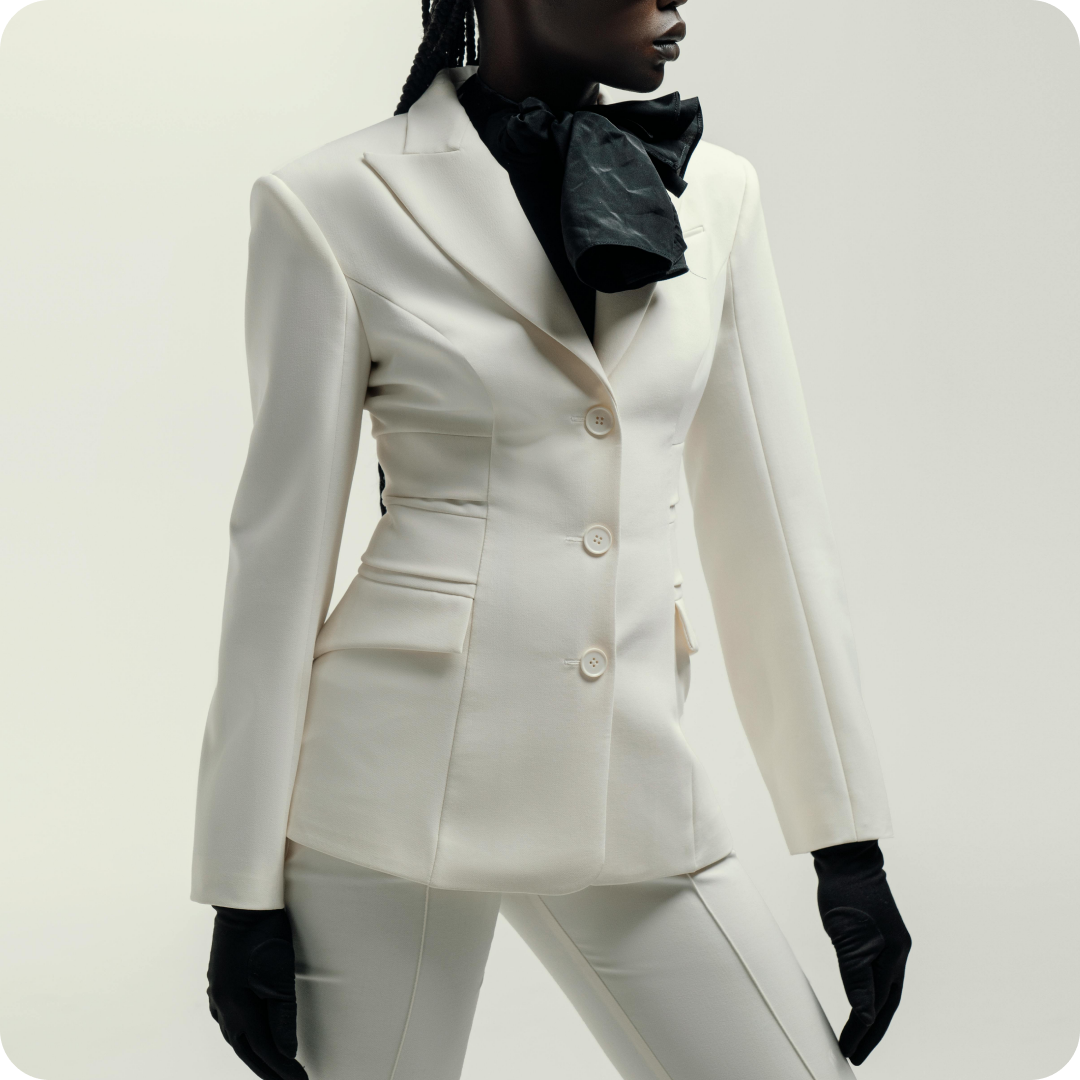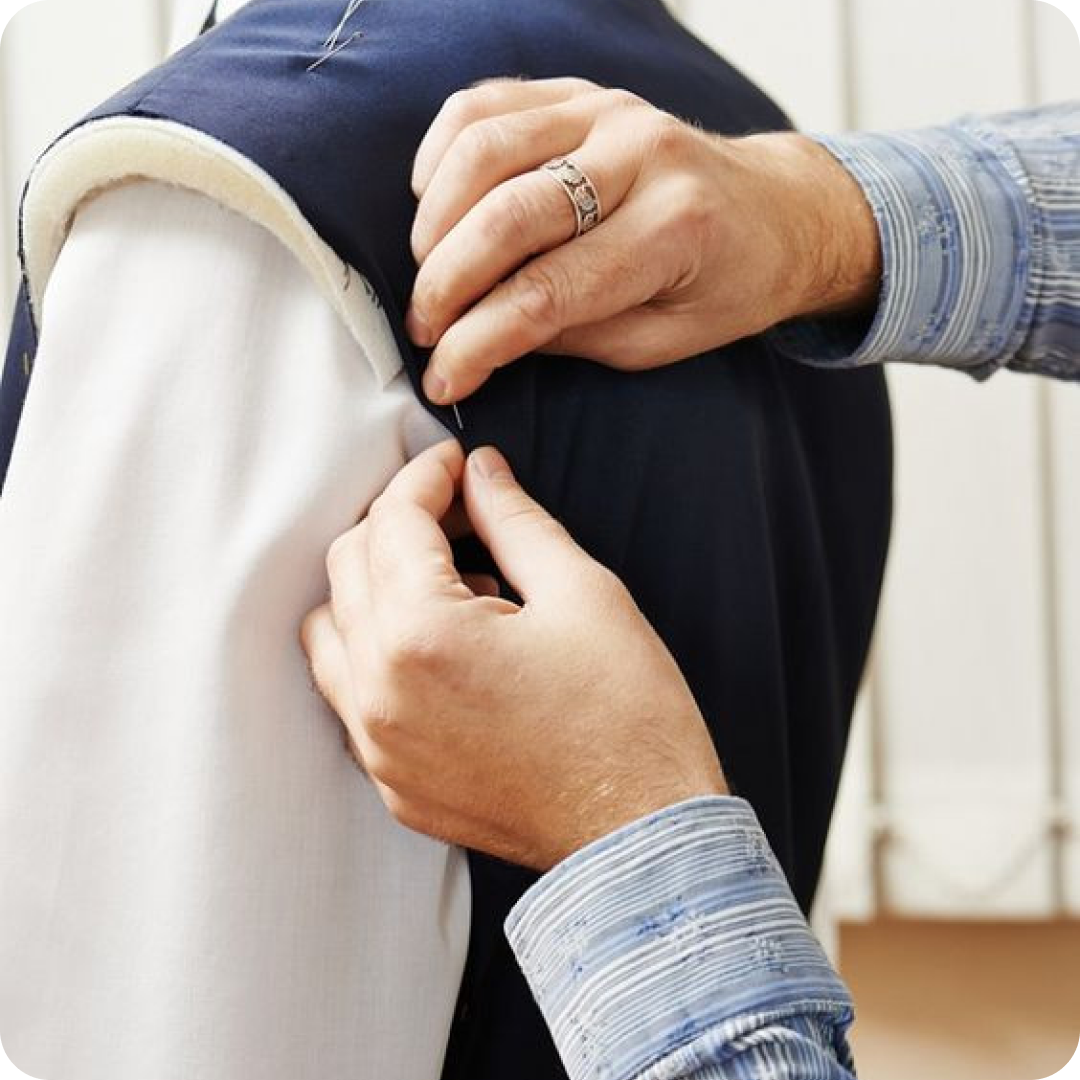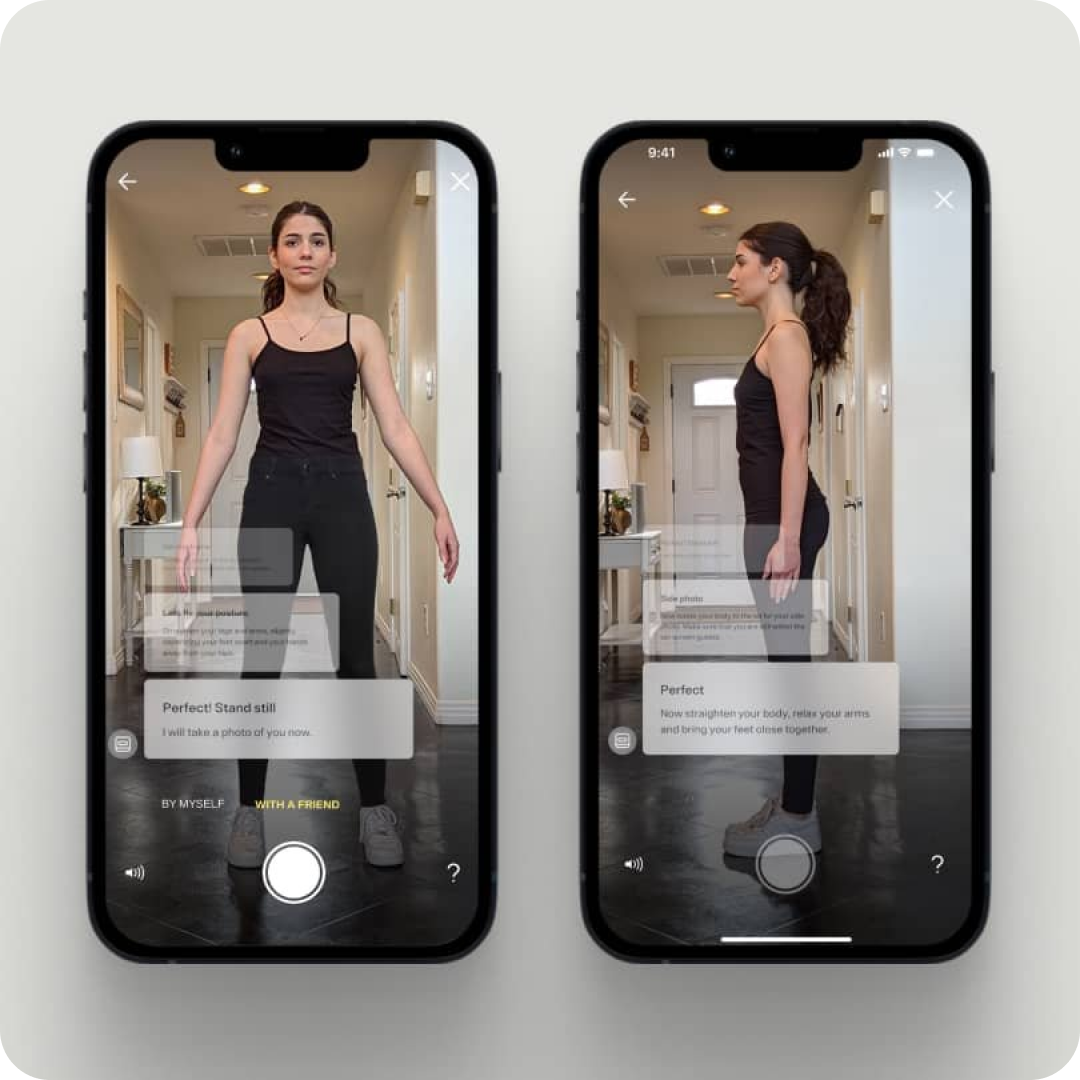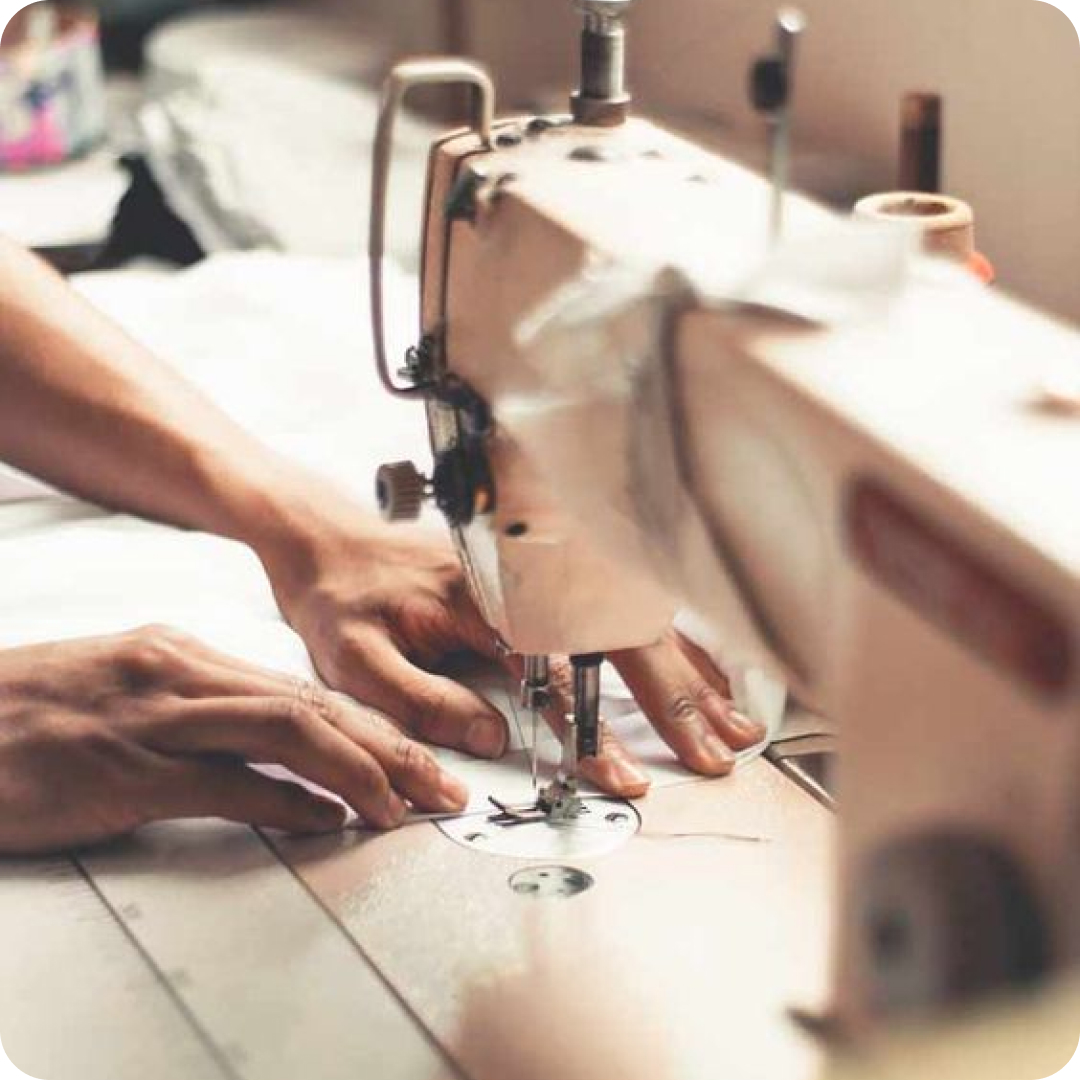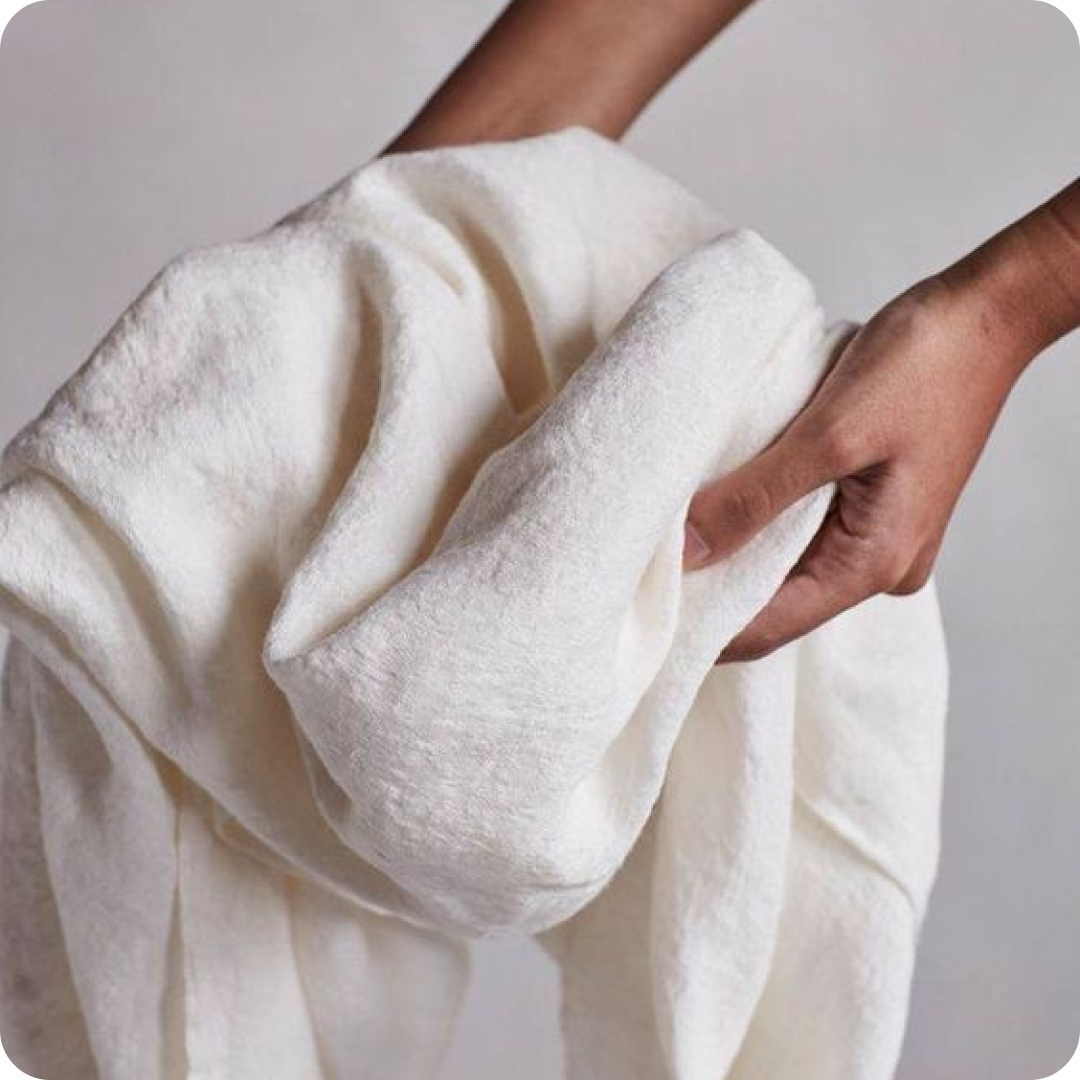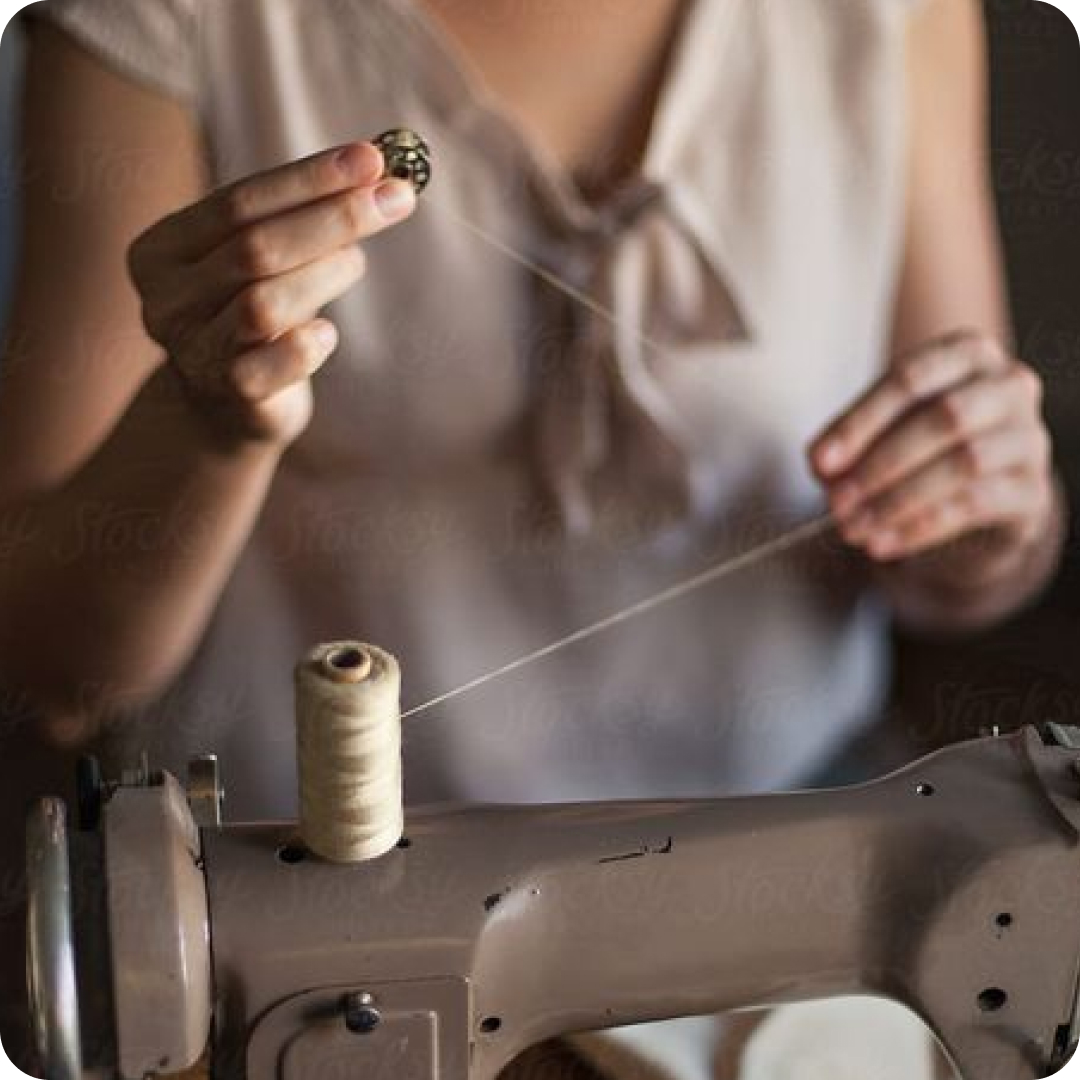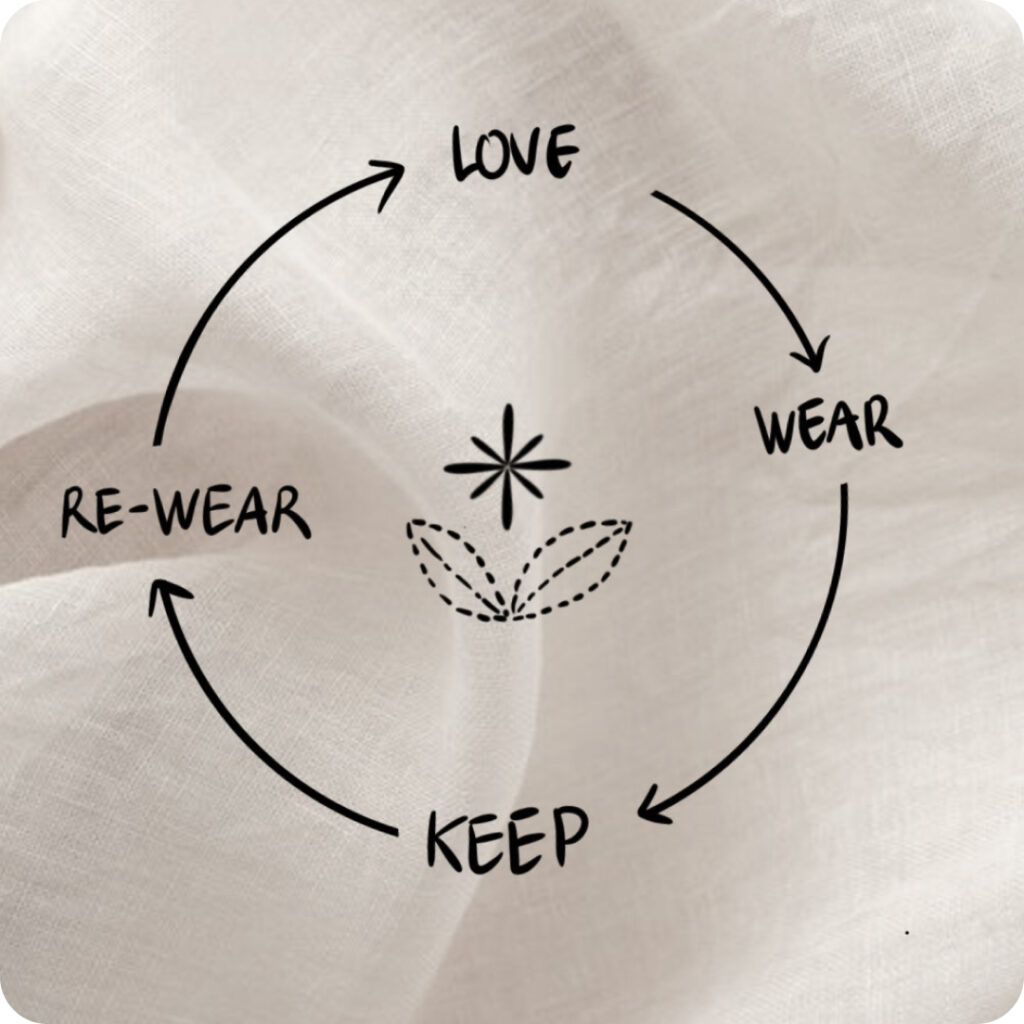The Environmental Impact of Bespoke Clothing: Why It’s a Greener Choice
In a world increasingly aware of the detrimental effects of fast fashion on our environment, bespoke clothing emerges as a beacon of sustainability. Unlike mass-produced garments, bespoke clothing emphasizes quality, durability, and personalized craftsmanship. This article explores how bespoke clothing reduces environmental impacts by focusing on longevity, highlighting eco-conscious practices, and showcasing tailors who prioritize sustainable techniques such as zero-waste cutting.
The Philosophy of Bespoke Clothing
Bespoke clothing is defined by its personalized nature, where garments are made to fit the exact measurements and preferences of the wearer. This meticulous approach leads to fewer items discarded prematurely, ultimately fostering a culture of thoughtful consumption. When individuals invest in bespoke tailored suits, they obtain not just a piece of clothing, but a timeless item crafted with care that can last for years, if not decades.

- Longevity Over Fast FashionFast fashion thrives on the principle of quick production and consumption, resulting in a staggering amount of waste. In contrast, bespoke clothing is designed to withstand the test of time. Tailors often use high-quality materials that age beautifully, avoiding the rushed production cycles that characterize mass-market brands. These garments are made to fit perfectly, eliminating the discomfort that often leads to premature disposal.
The Impact of Quality on Sustainability
The focus on quality means that bespoke garments are inherently more sustainable. High-quality fabrics, intricate craftsmanship, and attentive detailing contribute to the overall durability of the clothing. A bespoke tailored suit, for example, is not only crafted for comfort and style but is also built to endure everyday use. This longevity translates into fewer purchases over time, significantly reducing one’s fashion footprint.
- Eco-Conscious Practices in Bespoke TailoringMany tailors are embracing eco-conscious practices to further lessen their environmental impact. For instance, techniques like zero-waste tailoring are gaining popularity within the bespoke industry. This method utilizes every scrap of fabric, minimizing waste during the production process. Tailors employing zero-waste practices carefully plan their patterns and cuts, ensuring that no fabric goes unused.
Zero-Waste Tailoring: A Step Towards Sustainability

Zero-waste tailoring represents a revolutionary approach in the fashion industry, especially in bespoke clothing. By minimizing waste at every stage of garment creation, tailors can produce stunning pieces while significantly reducing environmental harm. This technique not only involves thoughtful pattern drafting but also requires creativity in finding solutions for fabric leftovers.
- Real-Life Examples of Tailors Embracing SustainabilityNumerous tailors worldwide have adopted eco-friendly practices. For example, Rosie Hong is dedicated to creating bespoke suits that are environmentally conscious. Their commitment to zero-waste tailoring and the use of sustainable materials exemplifies how bespoke clothing can lead the way in promoting a greener fashion industry.
Rosie Hong’s bespoke creations include fabrics sourced from trusted suppliers who uphold ethical and sustainability standards. Their approach not only ensures that their garments are eco-friendly but also that each piece has a unique story, further enhancing its value and connection to the wearer.
- Environmental Benefits of Investing in Sustainable Bespoke FashionSustainable bespoke fashion is more than just a trend; it’s a commitment to the planet. Individual investments in bespoke garments mean less reliance on fast fashion, which is often associated with exploitative labor practices and environmental degradation. By choosing bespoke, consumers support an industry that values craftsmanship, ethical sourcing, and sustainability.
The Importance of Personalization
Another significant advantage of bespoke clothing is its personalized nature. Each garment is tailored to fit the individual, reducing the likelihood of returns, excess production, and waste. When people purchase clothing that is tailored specifically for them, they are less likely to discard it. This leads to a more conscientious approach to fashion, where each piece is valued and cared for.
The Role of Eco-Friendly Bespoke Suits in Fashion Sustainability
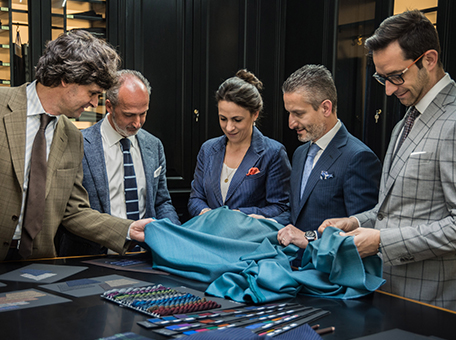
Eco-friendly bespoke suits are at the forefront of the shift towards sustainable fashion. These garments not only excel in quality and performance but also contribute positively to environmental conservation efforts. The materials used in
creation are often organic or recycled, and the production methods prioritize minimal environmental impact.
- Selecting Eco-Friendly MaterialsThe choice of materials is crucial in reducing the environmental footprint of bespoke clothing. Many tailors are now opting for organic cotton, recycled fabrics, and wool sourced from responsible farms that prioritize animal welfare and sustainable practices. This shift highlights a growing awareness of the environmental effects of fabric production and encourages consumers to consider the lifecycle of their garments.
- Reducing Carbon FootprintBy investing in bespoke clothing, individuals also contribute to a reduction in the overall carbon footprint associated with their wardrobe. Sustainable bespoke fashion encourages slow fashion principles, which prioritize quality over quantity. This shift fosters a more mindful consumption pattern, leading to fewer garments produced, shipped, and ultimately disposed of.
The Future of Bespoke Clothing
The future of bespoke clothing holds great promise for both consumers and the environment. As awareness of eco-friendly practices grows, more individuals are likely to gravitate toward bespoke tailored suits that reflect their values and commitment to sustainability. The bespoke industry’s adaptability and responsiveness to consumer demand for ethical practices make it well-positioned to thrive in an evolving fashion landscape.
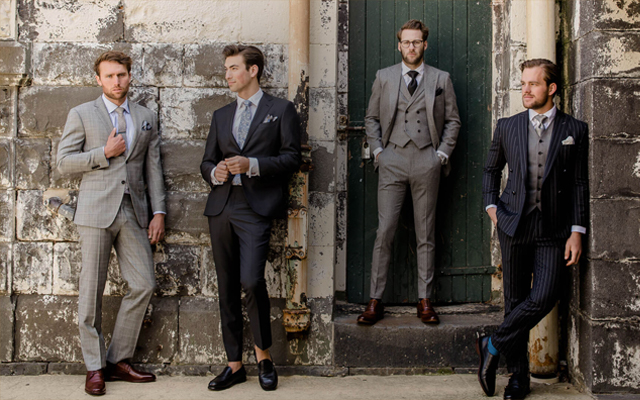
- Educating Consumers on SustainabilityEducation plays a crucial role in this transformation. By informing consumers about the environmental impacts of their clothing choices, the bespoke industry can encourage the adoption of more sustainable habits. Promoting the benefits of bespoke clothing, from longevity to ethical production, empowers consumers to make informed decisions that align with their values.
Conclusion
In conclusion, bespoke clothing stands out as a sustainable alternative in the fashion industry. Its inherent focus on longevity and quality significantly reduces environmental impact, while innovative practices like zero-waste tailoring showcase the bespoke community’s commitment to eco-consciousness. By choosing bespoke tailored suits and embracing sustainable bespoke fashion, consumers can contribute to a greener future while enjoying clothing designed specifically for them.
To explore the world of bespoke clothing further, visit Rosie Hong’s bespoke collection for stylish, sustainable options. Discover how bespoke pieces not only meet personal style needs but also reflect a commitment to responsible fashion.

